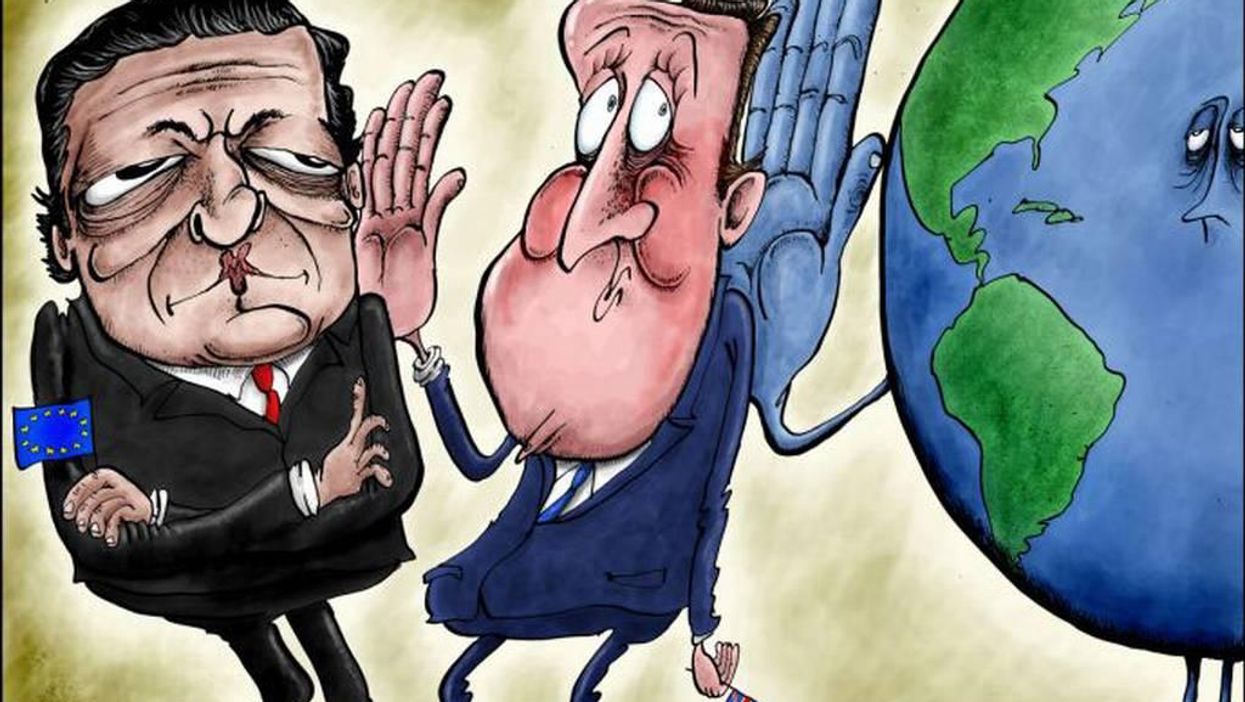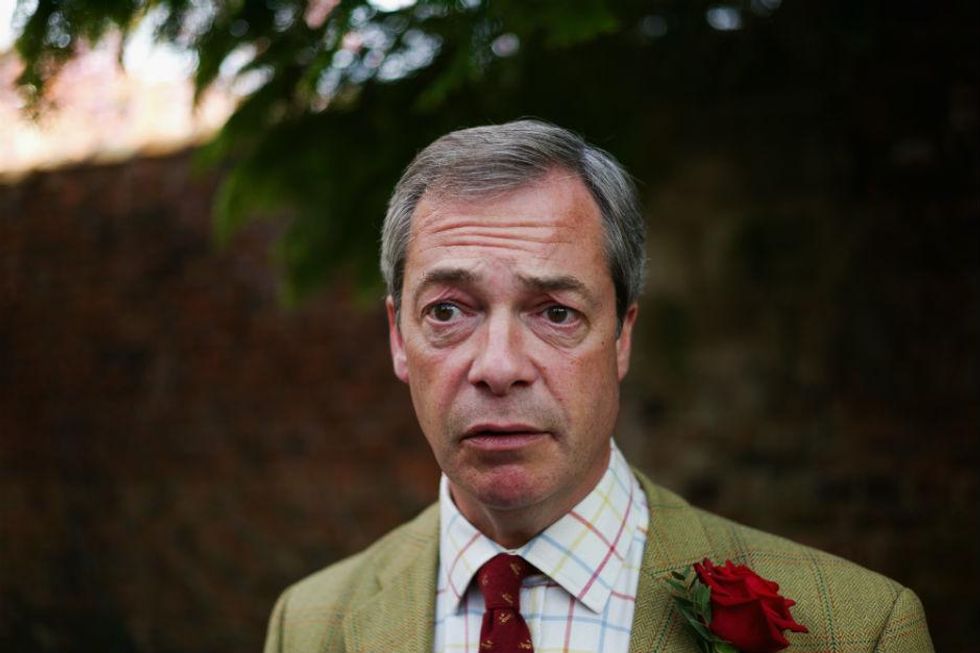News
Evan Bartlett
Oct 23, 2014

This week has seen a series of mixed messages about Britain's appetite for maintaining its relationship with the European Union.
From David Cameron and EU president Jose Manuel Barroso having a public to-and-fro on Sunday over future reforms to public support for staying in the EU rising at the same time as backing for the staunchly Eurosceptic Ukip grows.
Perhaps the biggest sign of hypocrisy came with a ComRes poll which showed that while the majority of the public believes British people should be given free movement in the EU, a majority also believe that citizens of other EU countries should not be afforded the same rights.
Independent on Sunday political columnist John Rentoul explained that Cameron's strategy of bringing forward a push for EU reforms could in part be to counteract Ukip's surge ahead of the upcoming by-election in Rochester and Strood.
Ukip's support in the constituency, where Conservative MP Mark Reckless jumped ship last month, is now at a high of 43 per cent.
Yet a recent Survation poll in Rochester and Strood showed only a narrow anti-EU margin stance among voters.
So has Cameron misinterpreted the grievances of the electorate, or was he simply making a decision on a national level as a gamble to win over voters in what could be a crucial, yet local, by-election?
As the Financial Times has noted, Rochester is only the 271st Ukip-friendly seat in Britain and so a win there could well prove they can win almost anywhere in May's general election.
Cameron's strategy of pegging hopes on anti-EU sentiment may well not be working. A poll released by Ipsos-Mori and published by i100 yesterday, showed that Britain's support for staying in the EU is at a 23-year high.
And in spite of Ukip's outspoken desire to cut political ties with the union, a separate poll also showed that 11 per cent of the party's supporters wish to maintain the status quo with Europe.
What does this all show? That Britain is becoming increasingly divided about its view on Europe? That people are supporting Ukip because they present themselves as anti-establishment, and not merely because of their stance on Europe? That anti-Ukip sentiment is somehow manifesting itself as support for the EU? Or something else, more nuanced?
To be honest...
More: Support for EU membership at highest level for 23 years
Top 100
The Conversation (0)














